Country Club Banquet Hall in New Jersey: Your Premier Venue for Weddings, Corporate Events, and Private Celebrations
Country club banquet halls combine scenic landscapes, flexible indoor spaces, and professional hospitality to deliver memorable events across New Jersey. This guide explains what makes country club venues ideal for weddings, corporate meetings, and private celebrations while offering practical checklists, cost guidance, and local planning tips. Readers will learn how scenic golf-course backdrops improve photography and atmosphere, which package elements to compare when evaluating wedding offers, how to assess AV and hybrid-event capabilities for corporate meetings, and how to plan private parties with reliable catering and timeline strategies. The article maps venue selection steps, compares common package tiers, and highlights booking and budget considerations so you can make informed decisions. Keywords woven through the guide include country club banquet hall, country club wedding venues New Jersey, Monmouth County banquet hall, and country club catering New Jersey to help organizers searching for local event spaces.
What Makes a Country Club Banquet Hall the Ideal Event Space in New Jersey?
A country club banquet hall is an event venue that pairs expansive outdoor scenery with adaptable indoor ballrooms and dedicated event staff to create cohesive, full-service gatherings. This combination works because the venue integrates landscape (often a golf course) with hospitality systems—kitchens, service staff, and event coordination—so attendees experience both visual appeal and operational ease. The specific benefits include scenic photo opportunities, turnkey catering, flexible room configurations, and staff-led day-of management that reduce logistical burden for hosts. Understanding these core advantages helps planners prioritize elements that matter most for guest experience and vendor coordination.
Country club banquet halls deliver notable benefits that influence guest satisfaction and logistics:
- Scenic views improve photography and ambiance during ceremonies and receptions.
- All-inclusive services minimize vendor management and streamline budgeting.
- Versatile indoor and outdoor spaces accommodate ceremony, cocktail hour, and reception transitions.
- Experienced staff support coordination, timing, and contingency response.
These advantages translate directly into smoother events and better guest experience; the next sections break down each benefit (views, services, versatility, staff) so planners can specify requirements during site visits.
How Do Scenic Golf Course Views Enhance Your Event Experience?
Scenic golf course views enhance events by providing natural backdrops that elevate ceremony aesthetics and photography without extensive décor. Landscaped fairways and greens offer depth for portraits and sunset photography, making post-ceremony timelines easier to plan since photo opportunities are on-site and accessible. Outdoor cocktail hours near the 18th hole or terrace create relaxed guest flow, and seasonal plantings—spring blossoms or autumn colors—add natural accents that reduce décor spend. When planning, confirm sightlines, sunset timing, and backup indoor locations to ensure weather or lighting changes do not disrupt photo plans.
These visual advantages also support multi-activity events—golf outings, welcome receptions, and ceremonies—so planners should coordinate scheduling to preserve scenic access for photographers and guest movement. Understanding how views interact with logistics leads naturally into what all-inclusive services typically cover at country clubs.
What All-Inclusive Services Do Country Club Banquet Halls Offer?
All-inclusive country club packages commonly bundle venue rental, plated or buffet catering, bar service, basic linens, tables and chairs, and dedicated event staff to manage setup and cleanup. This structure works because the venue controls primary service delivery—kitchen, servers, and on-site management—so hosts avoid coordinating multiple independent vendors for core functions. While inclusions reduce complexity, planners should confirm common exclusions such as vendor corkage, specialty décor, ceremony officiant fees, or external entertainment setup charges. Asking for a clear list of inclusions and exclusions during the proposal stage prevents budget surprises and supports accurate comparisons between venues.
Knowing what is typically included paves the way to exploring how room versatility accommodates different event sizes and themes.
Why Choose a Country Club Venue for Versatile Event Spaces?
Country club venues offer multiple room types—grand ballrooms, private dining rooms, terraces, and pre-function spaces—letting planners match space to guest counts and event tone with minimal compromise. Versatility matters because it enables intimate rehearsal dinners in private rooms and large receptions in ballrooms without switching venues or losing continuity for guests. Floor plans can be adapted for dance floors, head tables, or multiple stations, and outdoor-to-indoor transitions are common for ceremonies with indoor contingency plans. When touring venues, request sample floor plans and circulation diagrams to ensure traffic flow and emergency egress are suitable for your expected layout.
A venue’s adaptability also influences vendor access and timeline flexibility, which connects directly to the advantages of experienced venue staff described next.
What Amenities and Facilities Does Bella Vista Country Club Provide for Events?
Bella Vista Country Club, located in Marlboro, New Jersey, provides banquet and event facilities, on-site catering, dining areas, and an on-property golf course that complements event programming. The club’s offerings, as stated in available information, include event spaces suitable for weddings and private celebrations and a reported capacity of up to 275 guests for events; the club is owned and operated by the Beshara Family. Planners should treat these facts as starting points and contact the venue directly to confirm current room configurations, package details, and availability. Using these explicit venue details helps translate general country club planning principles into concrete local options.
The following short checklist helps planners prepare focused questions for a Bella Vista site visit.
- Confirm current maximum guest capacities and any room-specific limits.
- Ask whether on-site catering menus include tastings and sample menus.
- Verify whether golf-course access is available for photo opportunities or guest activities.
- Request sample floor plans and event-day staffing ratios.
Summary: These inquiries ensure venue-specific items are clarified early, which supports accurate budgeting and timeline creation for your event.
How Does the Golf Course Complement Event Experiences?
An on-site golf course enhances events by serving as a scenic backdrop for ceremonies, providing activity options like golf outings for corporate retreats, and offering varied photographic settings without transporting guests. Golf-course adjacency supports day-before golf clinics or welcome receptions that engage attendees in low-pressure networking. Use of the course for photos requires coordination to avoid play disruption and to reserve specific holes or vistas for portraits. Including golf activities in event agendas increases guest engagement for certain audiences and supports multi-day retreat formats.
When integrating golf, coordinate tee times, shuttle logistics, and participant skill levels to ensure inclusivity and smooth transitions with meeting schedules.
What Are the Costs and Booking Considerations for Country Club Banquet Halls in New Jersey?
Costs for country club events are driven primarily by venue rental, catering per person, beverage packages, and peak-date premiums; understanding these drivers enables realistic budgeting and competitive comparisons. Booking timelines and deposit structures affect cash flow and availability, while cancellation and rescheduling clauses determine financial risk. Use a cost-driver table to model typical expense categories and to identify which line items most affect your total budget. Request itemized proposals that separate venue rental, food and beverage, taxes, gratuity, and optional extras for transparent comparison.
Intro: The table below clarifies common cost drivers so planners can prioritize negotiations and estimate total event spend.
| Cost Component | Typical Attribute | Impact on Total Cost |
|---|---|---|
| Venue Rental | Flat fee or included with minimum spend | Major upfront cost or offset by minimums |
| Catering (per person) | Plated vs buffet vs stations | Primary variable cost linked to guest count |
| Beverage Package | Open bar, consumption, cash | High incremental cost based on selection |
| Peak vs Off-Peak Pricing | Weekend/season surcharges | Significant multiplier for popular dates |
Summary: By modeling these components early, planners identify where savings can be achieved (off-peak dates, limited bars, menu choices) and where investment yields the greatest guest impact.
How Much Does It Cost to Rent a Country Club for Weddings and Events?
Typical price ranges vary widely by county, season, and included services; core influences are guest count, menu selection, bar options, and whether the venue requires a minimum spend. Planners should request itemized quotes and compare per-guest totals rather than headline figures, since taxes, gratuities, and service charges can add materially to the final bill. Negotiation levers include choosing off-peak dates, limiting premium bar hours, or adjusting menu tiers. Always obtain a written cost breakdown that clarifies which items are optional and which are contractually required.
Accurate cost estimates depend on concrete guest counts and precise menu selections.

